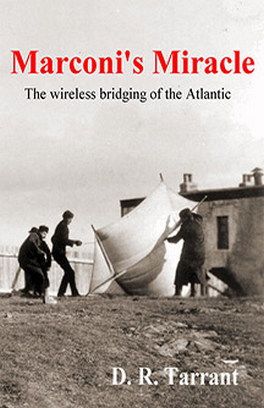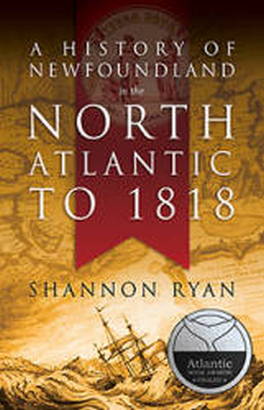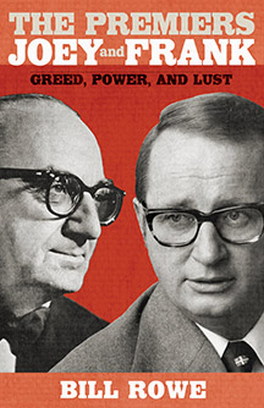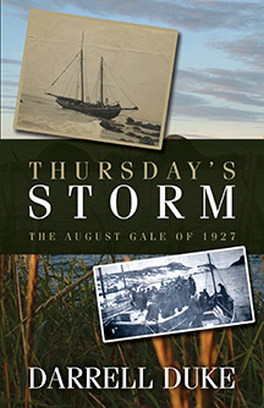On December 12, 1901, from Signal Hill, St. John’s, Newfoundland, Guglielmo Marconi received the first transatlantic radio signal. This is the story of that remarkable event.
One hundred years ago, on a cold and windy December afternoon in a small room of a former hospital on Signal Hill in St. John’s, Newfoundland, three men hunched over a primitive radio receiver listening for a wireless signal from Cornwall, England, about two thousand miles away. Two were Englishmen, and the third was a twenty-seven-year-old Italian named Guglielmo Marconi. Already a world-famous inventor, Marconi had quietly arrived in Newfoundland a few days before. His exploits in St. John’s would further enhance his world-wide fame. This book chronicles the events leading up to and beyond the moment that would be immortalized in history—the reception of the first wireless transatlantic telegraphic signal.
Ever since it was discovered by John Cabot in 1497, Newfoundland, Britain’s oldest colony, has played a significant role as the western terminus for transatlantic communication and transportation. Newfoundland is the closest North American landmass to Europe, and long before the telegraph was invented, it served as a base for countless Basque, Portuguese, Spanish, English, and French fishermen. Many years later in the early years of modern communication, the first transatlantic telegraph cable was landed at Sunnyside, Trinity Bay, in 1858. This was superceded by a commercially viable submarine cable that was installed at Heart’s Content in 1866. In the area of transportation, Alcock and Brown departed Newfoundland in 1919 on the first successful non-stop transatlantic aeroplane flight, landing in Ireland. In a significant development for telephone communications, the first transatlantic telephone cable was installed in 1956 between Clarenville and Oban, Scotland.
Newfoundland thus can claim the first transatlantic telegraph facility, the first transatlantic aeroplane flight, and the first transatlantic telephone call. It is therefore not short in its list of transatlantic firsts.
Yet probably the crowning moment of Newfoundland’s role in transatlantic communication occurred in 1901 when Guglielmo Marconi received the first wireless telegraph message from Poldhu, Cornwall, England. In this day of instant communications, direct dial, email, and the World Wide Web, it is difficult for many of us to fully comprehend the impact of that achievement one hundred years ago. It was a momentous event, and was celebrated in all regions of the world.
Wireless communication was still in its infancy; when Marconi arrived in St. John’s, the longest distance a telegraph message had been sent using this new technology was about two hundred twenty-five miles. Transmitting a message approximately two thousand miles across the Atlantic in those days was somewhat akin to sending a message to Jupiter today.
Marconi’s feat was a significant happening in the history of science, and this book will shed some light on the story behind this remarkable event.
As you might expect, Marconi\'s Miracle provides details of his background and accomplishments. But the book also weaves an interesting tale about Newfoundland\'s role in the fledgling telegraph industry and the construction of trans-Atlantic telegraph cables.-- Antique Radio Classified --
What makes Marconi\'s Miracle important is Tarrant\'s depiction of the events that drove Marconi out of Newfoundland immediately following the December 12th success.-- Atlantic Books Today --



















